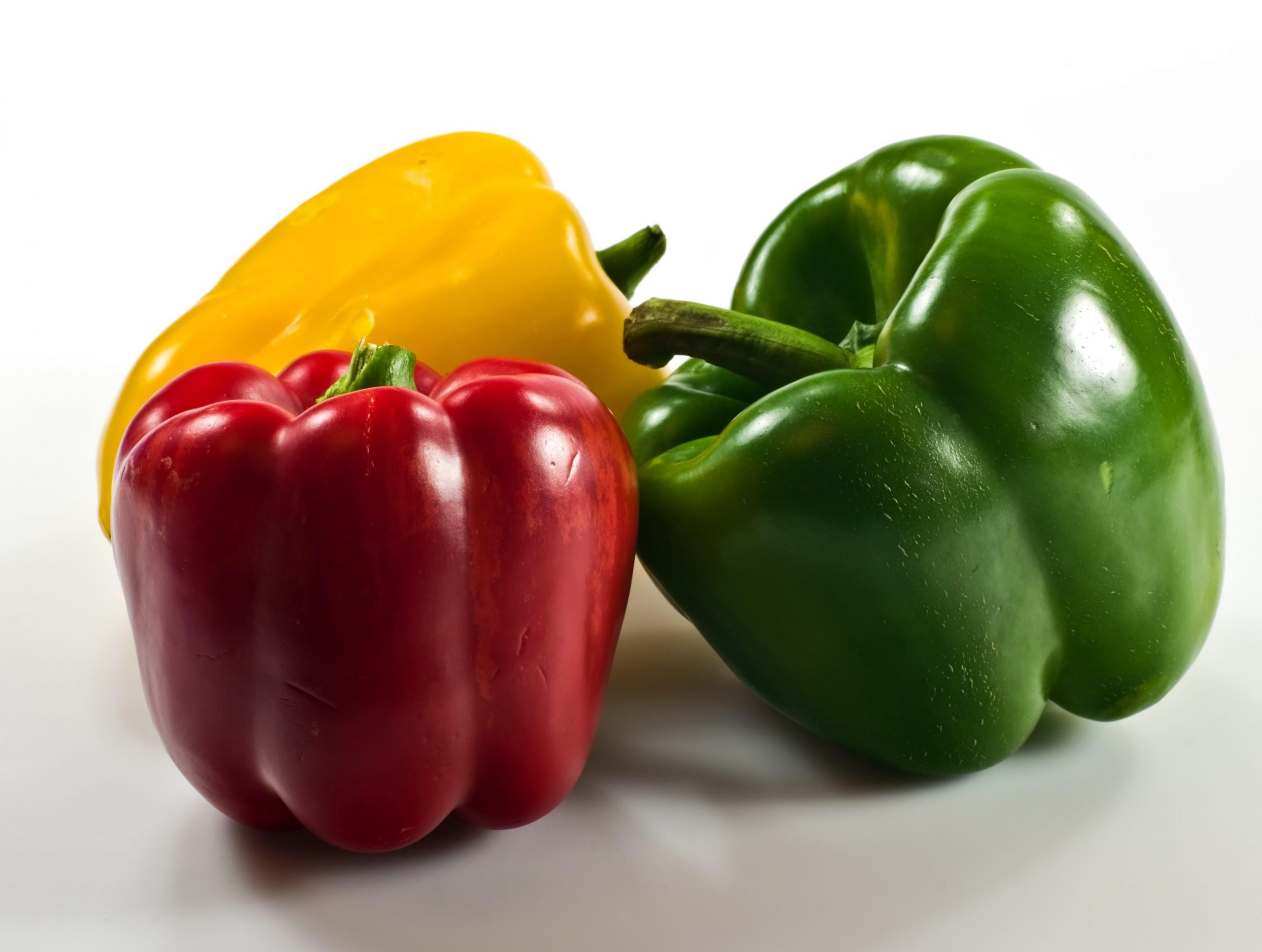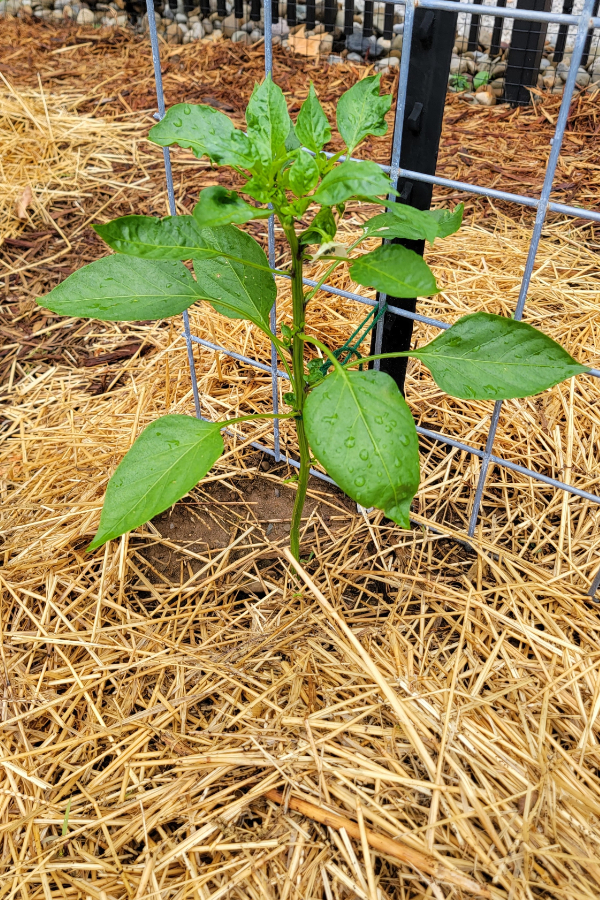Discover the Best Fertilizers for Peppers and Enhance Your Garden's Return
Discover the Best Fertilizers for Peppers and Enhance Your Garden's Return
Blog Article
Organic Vs. Synthetic Fertilizers: Which Is Best for Supporting Healthy Pepper Plants?
In the realm of nurturing healthy pepper plants, the choice between organic and artificial plant foods stands as a pivotal choice with far-reaching ramifications. While both alternatives goal to supply crucial nutrients to sustain plant development, the subtleties of their effect on the soil, plant health, and the atmosphere spark a discussion that mirrors throughout the horticulture neighborhood. Comprehending the distinct benefits and prospective challenges of each plant food type is critical for pepper cultivators looking for to maximize their returns while maintaining an eco-conscious and lasting technique.
Advantages of Organic Plant Foods
Organic fertilizers use a sustainable and environmentally-friendly method to nourishing pepper plants, providing crucial nutrients without the use of synthetic chemicals. These natural plant foods are stemmed from organic sources such as compost, manure, bone meal, and seaweed, promoting soil wellness and biodiversity. Unlike synthetic fertilizers, natural options release nutrients gradually, making sure a well balanced and steady supply for pepper plants to flourish.
One considerable benefit of organic plant foods is their ability to boost dirt structure and water retention. By enhancing dirt wellness, organic plant foods promote useful microbial task, which aids in nutrient uptake by pepper plants. In addition, natural plant foods decrease the risk of chemical run-off, safeguarding water resources from pollution and protecting the setting.
In addition, natural plant foods add to long-term dirt fertility by advertising the development of valuable dirt microorganisms. These microorganisms assist break down raw material, releasing nutrients in a kind that is quickly accessible to pepper plants. best fertilizers for peppers. By cultivating a healthy and balanced dirt ecological community, natural fertilizers sustain lasting pepper farming practices that profit both plants and the environment
Downsides of Artificial Plant Foods
Artificial fertilizers, in comparison to their organic counterparts, pose various negative aspects when made use of to nurture pepper plants, affecting both plant health and ecological sustainability. One significant downside of synthetic plant foods is their propensity to seep nutrients from the soil swiftly.
Furthermore, the overuse of artificial fertilizers can add to water pollution. Excess plant foods not soaked up by plants can clean away into water bodies, causing eutrophication, where algae flowers deplete oxygen degrees in the water, hurting water life. Additionally, artificial plant foods are typically stemmed from non-renewable resources, such as fossil gas, adding to carbon exhausts and environmental degradation during their manufacturing.
Nutrient Absorption Contrast
Efficient nutrient absorption plays a critical role in the general wellness and development of pepper plants. When contrasting artificial and natural fertilizers in regards to nutrient absorption, organic fertilizers have the benefit of offering an extra well balanced and slow-release resource of nutrients (best fertilizers for peppers). Organic plant foods include a selection of macro Look At This and micronutrients that are not just advantageous for the plants but also advertise healthy soil microbial task, which assists in nutrient uptake. On the other hand, synthetic plant foods frequently supply a fast release of nutrients, which can cause leaching and drainage, resulting in lower nutrient absorption rates by the plants.
Moreover, organic fertilizers improve dirt framework and water retention capability, allowing pepper plants to accessibility nutrients a lot more efficiently. This better dirt top quality assists in root advancement, enabling much better nutrient absorption. Artificial plant foods, although at first improving plant growth because of their high nutrient concentrations, might impede lasting nutrient absorption by degrading soil health and wellness with time.
Ecological Influence Considerations

On the other hand, artificial plant foods, although frequently even more quickly available and focused to plants, can basics have harmful results on the atmosphere if not used effectively (best fertilizers for peppers). Their production calls for high power inputs, resulting in greenhouse gas discharges and adding to environment modification. The overflow of excess synthetic fertilizers can infect water resources, leading to eutrophication and harming aquatic communities.
Finest Plant Food Practices for Peppers
To accomplish this, it is crucial to adhere to best fertilizer practices tailored to the particular needs of pepper plants. One vital technique is to Your Domain Name do a dirt examination prior to using any plant foods.
Another essential practice is to fertilize pepper plants at the correct time. Normally, peppers gain from obtaining plant food at growing and afterwards once more when they start to flower. Over-fertilizing can lead to vitamins and mineral discrepancies and hurt the plants, so it is essential to adhere to advised application prices.
In addition, picking a balanced fertilizer with an NPK ratio that fits pepper plants' needs is basic. Organic plant foods, such as compost or manure, can be excellent selections as they launch nutrients gradually and improve dirt structure gradually. Artificial plant foods can provide a fast nutrient increase when needed. Eventually, combining organic and synthetic fertilizers carefully can aid support healthy pepper plants while lessening environmental impact.
Final Thought

Organic plant foods offer a lasting and environmentally-friendly strategy to nourishing pepper plants, giving necessary nutrients without the use of synthetic chemicals. Unlike artificial fertilizers, organic options launch nutrients slowly, making certain a well balanced and constant supply for pepper plants to thrive.
Synthetic plant foods, in contrast to their natural counterparts, posture different negative aspects when utilized to nurture pepper plants, affecting both plant wellness and ecological sustainability. When comparing natural and artificial fertilizers in terms of nutrient absorption, organic fertilizers have the advantage of offering a much more well balanced and slow-release resource of nutrients.Furthermore, natural plant foods improve soil structure and water retention capability, permitting pepper plants to gain access to nutrients a lot more efficiently.
Report this page